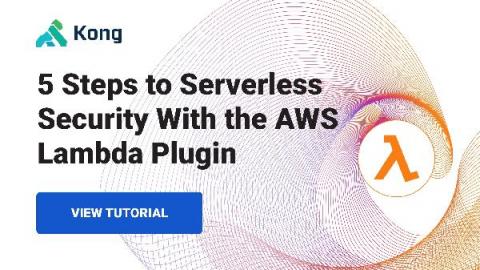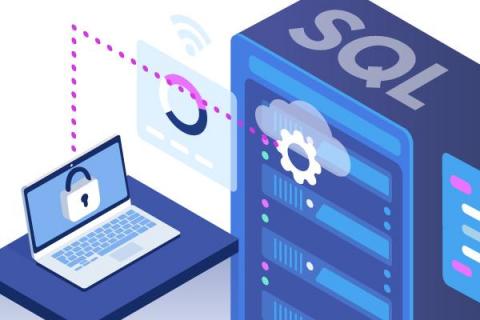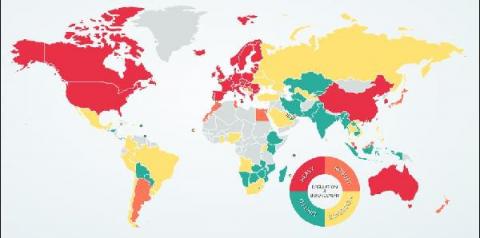5 Steps to Serverless Security With the AWS Lambda Plugin
For the DevOps-averse developer, lambdas are heaven. They can focus on writing self-contained and modularized pieces of code, deploying these functions for on-demand execution without being concerned about resource management or infrastructure. Lambda execution , however, can be tricky. Serverless security with the AWS API Gateway can feel daunting, especially when all you want to do is call a simple function as an API endpoint. For this, there’s the ease of Kong Gateway .











